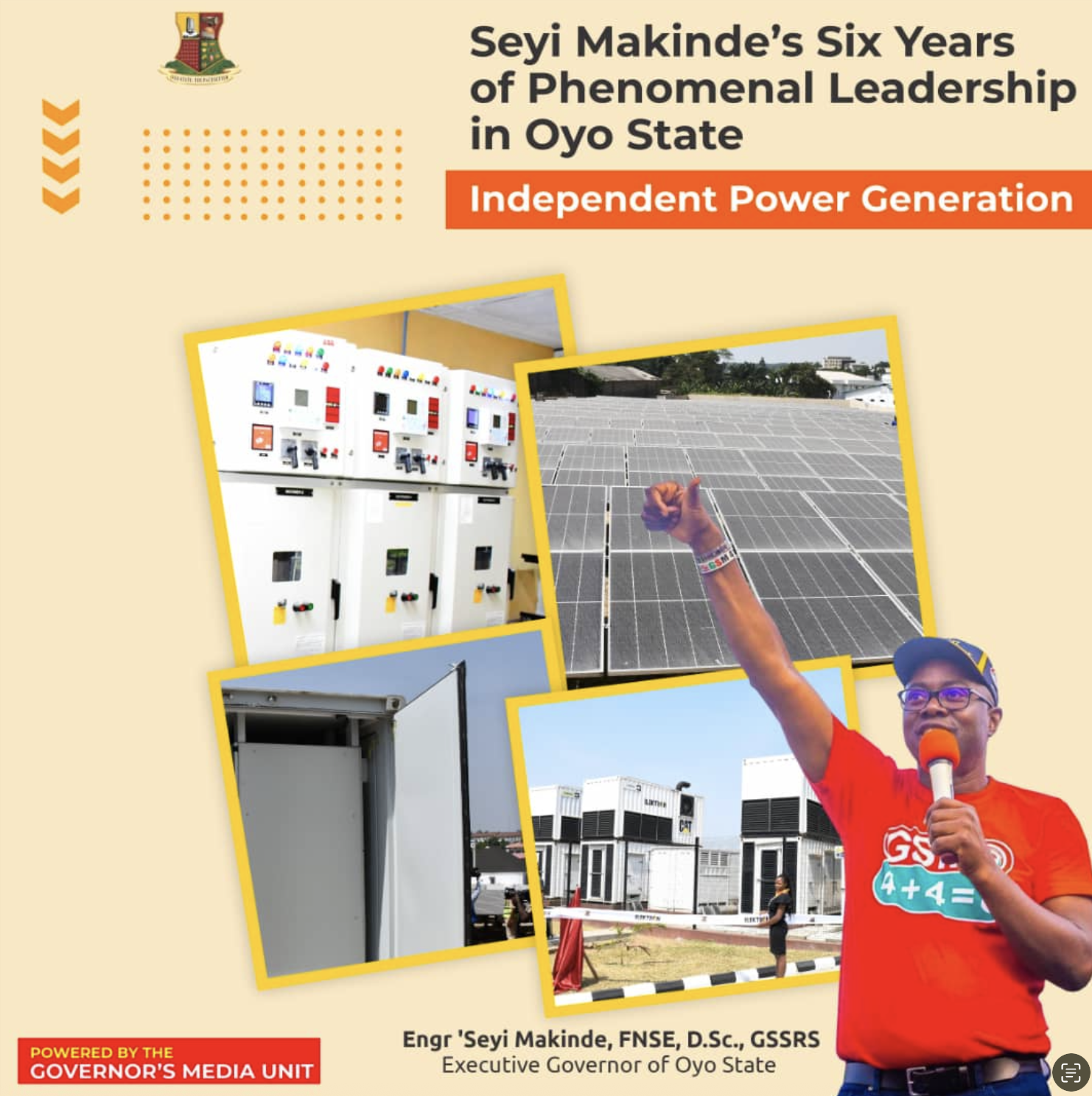Two Ibadan High Chiefs, Senator Lekan Balogun and former governor Rashidi Ladoja have expressed their displeasure over the inclusion of non-Ibadan in the judicial commission set up by the Oyo State Government to review the 1957 Ibadan chieftaincy law.
The Ibadan 1957 Chieftaincy law stipulated the succession order to the throne of the Olubadan of Ibadanland.
Governor Abiola Ajimobi, had few days ago, inaugurated the commission in order to review the process.
Balogun, is the Otun Olubadan while Ladoja is the Osi Olubadan. In the two lines (Otun and Balogun) to the throne of Olubadan, both are the heads.
In a suit filed on behalf of the duo by their counsel, Barr. Michael Lana over the planned review of the Ibadan Chieftaincy Law, they revealed that apart from the alleged illegality of the commission, “only two members of the panel are Ibadan Indigenes.”
According to them, it is improper for non-Ibadan to determine the fate of Ibadan indigenes on issues relating to the emergence of the Olubadan.
In the suit, the singled out the solicitor-general and permanent secretary in the ministry of justice, Prince Wasiu Gbadegesin as not fit to be a member of the commission because , “he is in line to the throne of Alaafin of Oyo.”
It reads: “That Ibadan has issues with Oyo over the Council of Obas and one of the members of the commission Prince Wasiu Gbadegesin, is in line to the throne of Alaafin of Oyo and will therefore be biased against the peaceful and rancor-free method of selecting the Olubadan of Ibadanland,”
In the suit marked M/317/2017, the duo prayed the Oyo state High court to restrain the seven-man judicial commission of Inquiry set up by Governor Ajimobi on May 19 “from sitting, accepting any memorandum or in any way taking any step in furtherance of its assignment, pending the determination of motion on notice in respect of the subject.”
They maintained that the judicial panel said by Governor Ajimobi to have been constituted under Sections 10, 12 and 25 of the Chiefs Law 2000 was invalid, as the governor lacked the power to change or amend the customary law relating to the selection of Olubadan.
They added that ”the primary aim of the Chiefs Law was that traditional institutions must be guided and operated not in accordance with modern dictates as argued by the governor but by the customary rules of each community’.
“Only the Chieftaincy Committee which made the 1957 Olubadan Declaration and which must be peopled by recognised chiefs and not any judicial commission could amend the law’ and that the certain situations, including ” insufficient description of Olubadan selection process, must exist to warrant such amendment.
“Before setting up the commission, the governor never said that any of the situations happened to the 1957 Olubadan Declaration that has been used seamlessly without conflict, dispute or rancor to enthrone successive Olubadans. The provision relating to the declaration is mainly to put the customary law into written instrument in the custody of the government and not that it gives the government the right to change the customary law relating to a chieftaincy to suit its own purpose” they said.

























